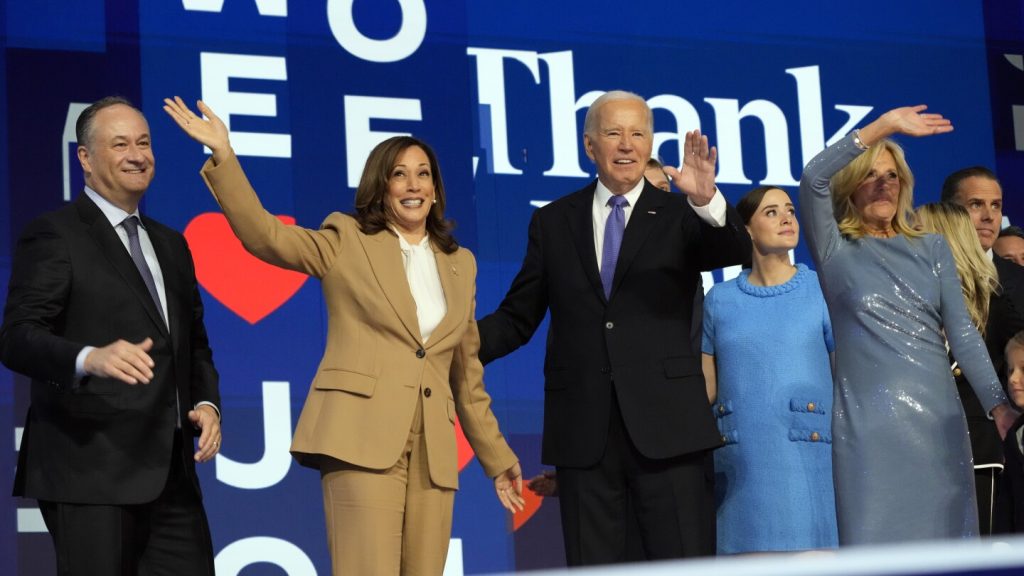Vice President Kamala Harris has begun her campaign for the White House, looking to make history as only one sitting vice president, George H.W. Bush in 1988, has been elected president. Since 1836, many other vice presidents have tried and failed, facing challenges such as war, scandal, crime, and the dynamics of their relationships with the incumbent president. Success in a vice president’s campaign often depends on the popularity of the sitting president and a productive relationship between the president and vice president.
In 1988, George H.W. Bush easily defeated Democrat Michael Dukakis with the help of a strong economy, eased Cold War tensions, and a good relationship with President Ronald Reagan. Despite past conflicts during the 1980 primaries, Reagan openly supported Bush during the campaign, praising him as an engaged and valuable partner. This support from the popular president, along with the positive national context, contributed to Bush’s successful campaign for the presidency.
When Al Gore ran for president in 2000, he faced similar advantages as George H.W. Bush, with a strong economy and a peaceful country. However, tensions with President Bill Clinton over the Lewinsky scandal led to Gore distancing himself from the president during the campaign. This decision to run as his own man was seen as a setback in a historically close race, which Gore ultimately lost by a narrow margin in Florida. The lack of alignment with the popular Clinton administration may have impacted Gore’s chances of winning the presidency.
Richard Nixon also faced challenges in his presidential campaigns due to his relationship with President Dwight Eisenhower. Despite Eisenhower’s popularity, Nixon struggled to capitalize on the president’s support, as their relationship was complex and strained. Nixon’s desire to be his own man, combined with doubts about Eisenhower’s health, created challenges in their dynamic. Nixon’s later successful campaign for president came after he distanced himself from Eisenhower and ran against Johnson’s vice president.
Hubert Humphrey, Johnson’s vice president, faced difficulties in the 1968 election due to his ties to Johnson’s divisive stance on the Vietnam War. Humphrey’s candidacy was only possible because Johnson chose not to seek reelection, leading to challenges within the Democratic party. Humphrey’s late divergence on the war issue was not enough to secure victory in a closely contested race. Johnson’s handling of the situation was seen as damaging to Humphrey’s chances of winning the presidency.
As Vice President Harris begins her campaign for the White House, she faces a unique position with President Biden’s decision not to seek reelection. Unlike past vice presidents, Harris quickly consolidated Democratic support and accepted her party’s nomination without significant damage from protests. President Biden has pledged to support Harris in her campaign, working to include her in major policy decisions and promising to be her top campaign volunteer. The upcoming campaign events with Biden and Harris in key swing states like Pennsylvania will be crucial for Harris’s success in the 2024 election.














